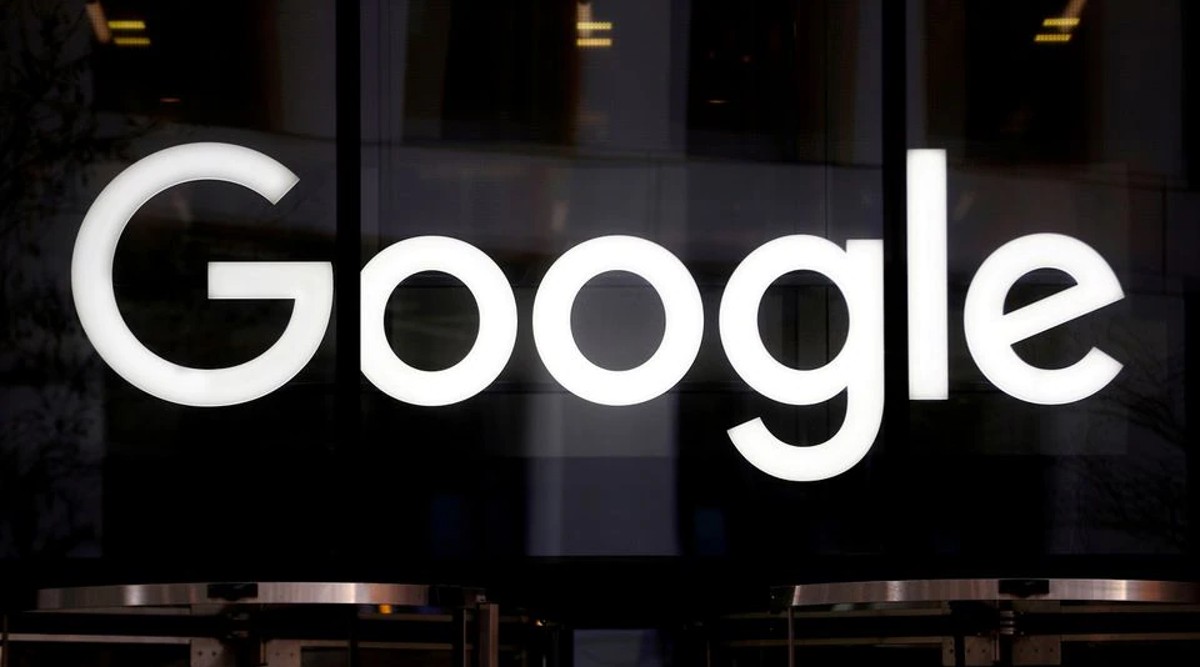In a significant ruling, the National Company Law Appellate Tribunal (NCLAT) has upheld the penalty of Rs 1,337.76 crore imposed by the competition regulator on Google for its anti-competitive conduct in the Android ecosystem. The tribunal held that a number of Google’s practices pointed to an abuse of dominance, which in some cases, had also stalled scientific development.
However, Google managed to score a partial victory as four of the ten conditions that the Competition Commission of India (CCI) had imposed on the company – including preventing sideloading of apps, and sharing Google’s Play Store code with original equipment manufacturers (OEMs) – that would have further hamstrung the tech giant, were set aside by the NCLAT.

NCLAT’s order has largely confirmed CCI’s other findings from last October that Google abused its market dominance in the Android ecosystem. It held that mandating pre-installation of its entire Google Mobile Suite (GMS) – a family of key Google apps and services – amounted to “imposing unfair conditions on OEMs which is an abuse of dominant position” by the company.
In its 189-page long order, a two-member bench of the NCLAT has given Google 30 days to pay the fine and implement the order.
The contest between Google and CCI was among the most high-profile battles globally between a tech giant and a regulator, one that was being followed closely by governments across the world. About 97 per cent of the 600 million smartphones in India run on Android, according to Counterpoint Research estimates.
By making pre-installation of its GMS suite conditional to signing various agreements such as Anti-fragmentation Agreement (AFA) and Android Compatibility Commitment Agreement (ACC) with the OEMs, the tribunal said that Google had “reduced the ability and incentive of devices manufacturers to develop and sell self-device operating or alternative version of Android and Android Forks and thereby limited technical and scientific development”.
By bundling products like its search engine, the Chrome browser and YouTube app, Google had perpetuated its dominant position, NCLAT said. In its detailed order, the NCLAT held that the CCI in its order against Google did not violate the principles of “natural justice”.
Story continues below this ad
“The Commission proceeded to consider the materials on the record and submissions of the parties with respect to each of the markets and recorded findings and conclusions after considering the evidence on record,” NCLAT said. “Hence, we are unable to accept the submission of the learned Senior Counsel for the Appellant that the order of the Commission is replete with confirmation bias.”
It was not immediately clear if Google will challenge the NCLAT order, but a Google spokesperson said that the company was evaluating its legal options. “We are grateful for the opportunity given by the NCLAT to make our case. We are reviewing the order and evaluating our legal options,” she said.
Google managed to achieve some key relaxations in the final verdict pronounced by the NCLAT, primarily those that would have severely impacted its own products. Google will now not need to allow hosting of third-party app stores inside Play Store, as had been previously ordered by the CCI.
Google will also not need to allow users to remove pre-installed apps such as Google Maps, Gmail and Youtube. The company can also continue imposing curbs on so-called “sideloading”, a practice of downloading apps without using an app store, which CCI had said must be discontinued.
Story continues below this ad
The Central Government, however, is viewing the NCLAT verdict favourably. A senior government official said that even though the NCLAT has set aside some of the non-monetary conditions from the CCI order, “the key win here is that abuse of dominance by Google has now been proved”. The official added that this “opens the gate for the government to formulate substantive regulations to ensure that such an abuse of dominance can be curtailed in the future”.
“In many ways, this judgement sets the stage for dual regulators in the online space for various sectors. One will be a nodal regulator and one will be a sectoral regulator, who will both work together in framing rules for the respective sector and regulate it,” the official said.
In January, the Supreme Court had refused to suspend any of the antitrust remedies ordered by the CCI against Google last year. It had asked the NCLAT to hear the case on merit and rule by March end. In response to the Supreme Court order, Google had made sweeping changes to Android in India, including allowing device makers to licence individual apps for pre-installation and giving users the option to choose their default search engine.









